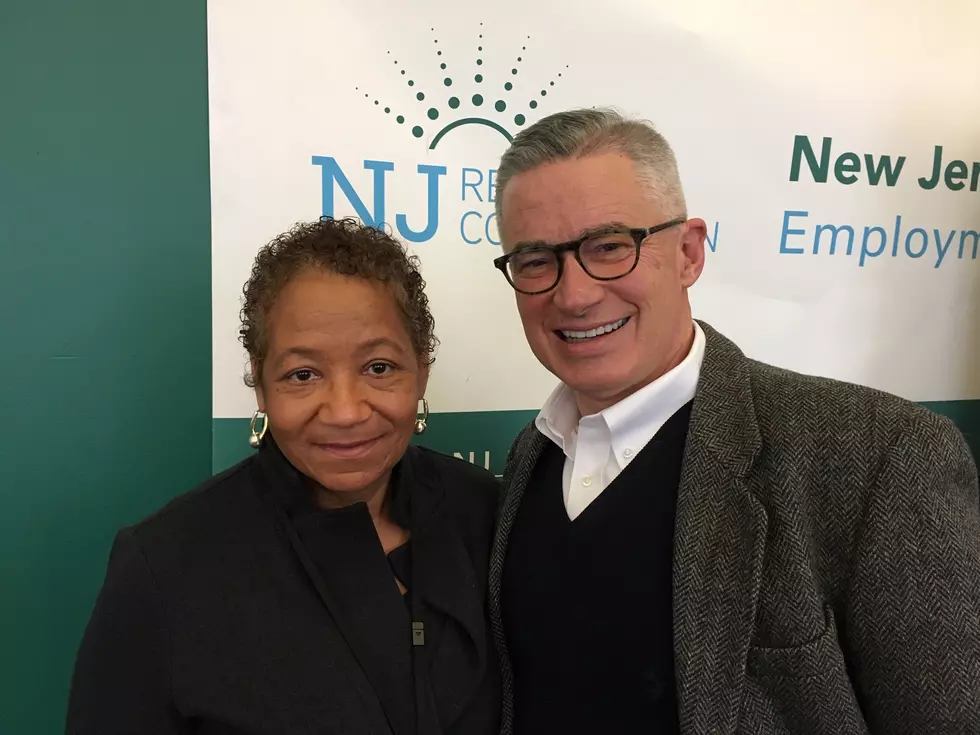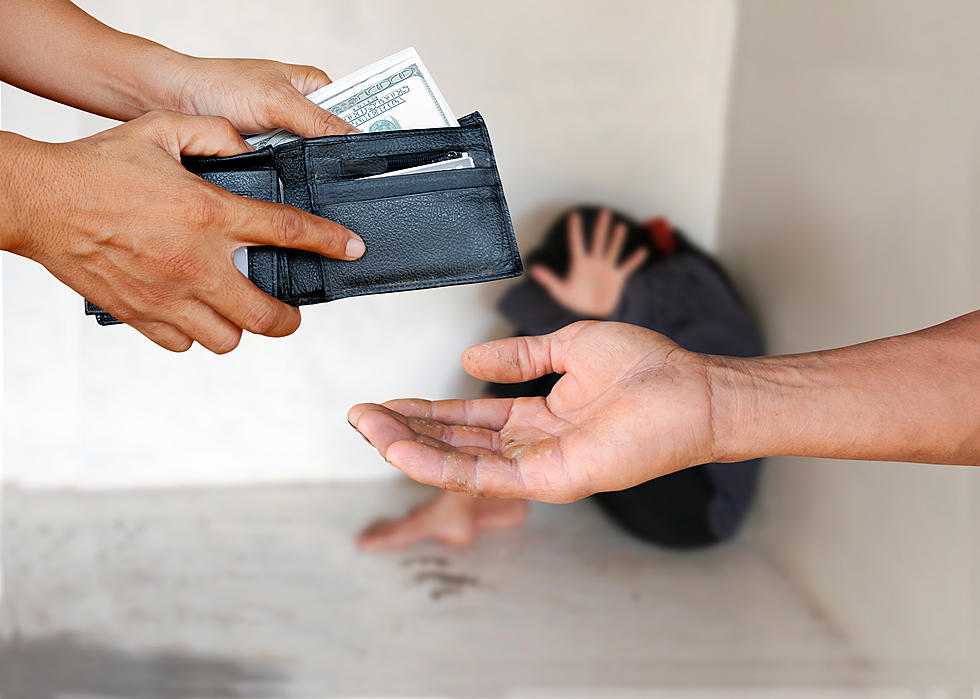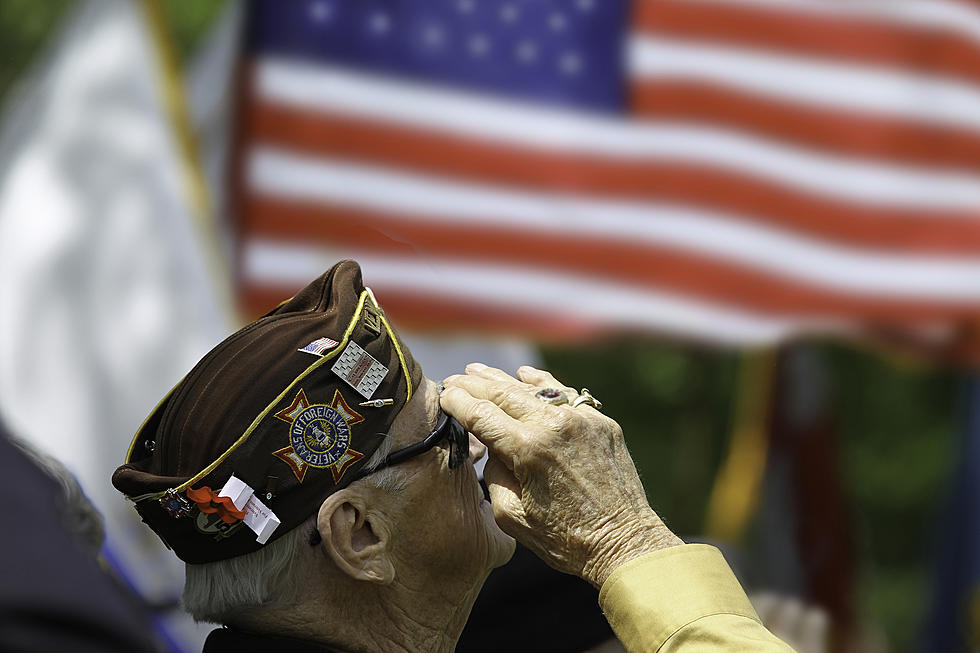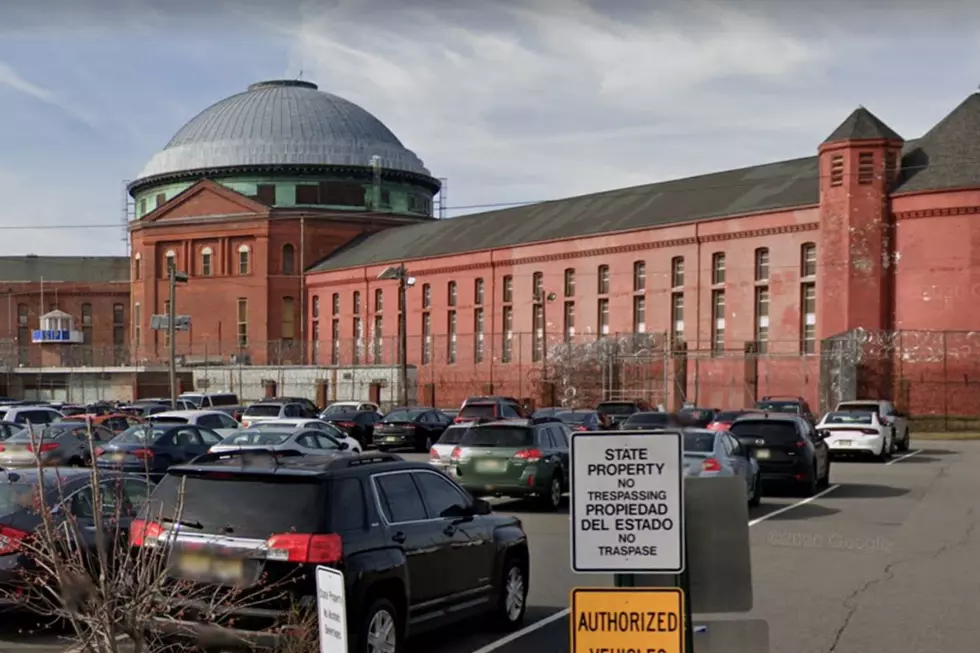
No parole, no family — how NJ’s ‘max outs’ survive after prison
About 40% of the individuals assisted by New Jersey Reentry Corporation are "max outs" — they served their full sentence, whether or not parole was an option, and are hitting the streets again, potentially for the first time in decades.
Because they have no specific conditions to follow and no assigned supervision, this population is considered the most vulnerable to the cycle of recidivism.
"When you're a max out, basically you get enough for a bus ticket and a swat on the backside, and that's basically it," said former Gov. Jim McGreevey, who heads the Kearny-based nonprofit. "God forbid I would be dropped into the middle of any town in New Jersey, without identification, without employment, and I had to eat that night. That's what these guys confront."
This is the third segment of a series examining the re-entry of New Jersey prisoners into mainstream society upon release, and the services to help reduce the number of individuals who re-offend and return to prison. On Thursday, Feb. 20 at 7 p.m., New Jersey 101.5 will broadcast a special town hall with a live discussion and simulcast at Facebook.com/NJ1015
For many of these individuals, McGreevey said, any past relationships have been destroyed. And a Department of Corrections identification isn't the most assuring piece of documentation one could offer when attempting to seek assistance.
"First thing when a guy walks in the door, we start moving on their identification. If you don't have an ID in New Jersey in 2020, just hang it up," McGreevey said. "Because you can't do anything, you can't get a job, you can't get an apartment, you can't get general assistance."
From there, work can begin on other obstacles such as obtaining a Medicaid card, a job or housing.
"We're your family, we're your instant family," McGreevey said.
The organization, which has expanded to nine sites throughout Central and North Jersey, helps about 7,000 clients per year, with financial backing from the state.
Supported by a state appropriation from the Department of Community Affairs since 2015, Volunteers of America Delaware Valley's Safe Return program provides services to people who've been released from county or state lockup in the last three years and are under no criminal justice supervision.
Now in six counties and ready to expand to eight, Safe Return sends staff into prisons six months prior to an individual's max-out discharge date and starts planning with the prison social work team.
"We also have staff in every county jail where there is a Safe Return," said Amanda Leese, the organization's vice president.
Street outreach teams, meanwhile, know where to find ex-cons and attempt to bring them in for services. Some individuals may have refused services upon release but have had a change of heart.
Services could include substance abuse and mental health assessments and treatment linkage, housing assistance, job training and legal advocacy.
"We are the one-stop for re-entry," Leese said.
Some needs, she added, are greater in certain counties. There's a "huge need" for housing in Atlantic City, for example. Employment issues tend to be more prevalent in Cumberland, Gloucester and Salem counties, while substance use problems rear their heads the most in Camden County, Leese said.
According to Leese, what sets VOA apart from other reentry providers is its partnerships with law enforcement. In 2018, New Jersey joined VOA and a New Jersey Transit cop on an early morning trek through Atlantic City, hitting spots where ex-convicts and other people in need typically gather.
On the fourth and final segment of this series, we'll hear from former New Jersey inmates who are now in positions meant to assist others coming out of prison or jail.
More from New Jersey 101.5:
Contact reporter Dino Flammia at dino.flammia@townsquaremedia.com.
More From New Jersey 101.5 FM









